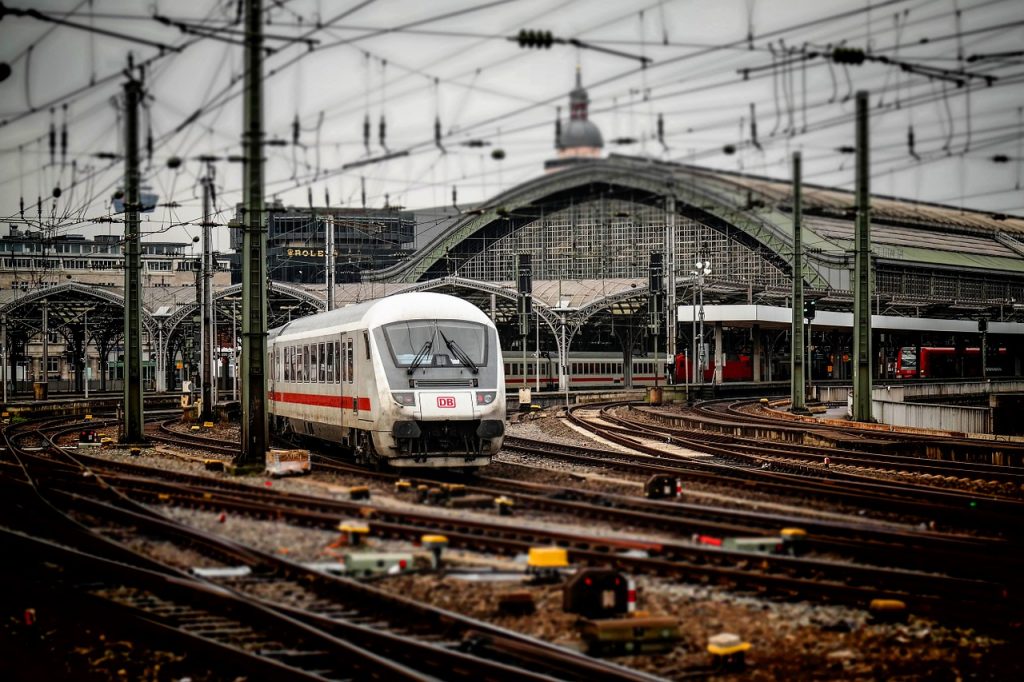One Of The Nation’s Largest Commuter Train Services On The Verge Of Shutting Down
New Jersey Transit could face severe labor problems which could lead to the public transport system shutting down if contract negotiation agreements are not reached.
This article is more than 2 years old

New Jersey Transit is facing severe labor problems which could lead to the public transport system shutting down. The railroad, which carries thousands of commuters between New Jersey and New York City, is one of the largest rail services in the country. But unlike its counterparts, like Amtrak and PATH, wages for engineers at NJ Transit trail behind by a lot.
Now, the Brotherhood of Locomotive Engineers and Trainmen says if members don’t get a salary increase of 18 to 23 percent, its 500 members could be lost to competing railroads. The union, which has been seeking a new contract since the last one ended in 2019, added that this could result in a shortage of engineers and a reduced train schedule.
“We don’t want to hurt the riding public. But NJ Transit is adamant they won’t negotiate at all,” President of the New Jersey Transit portion of the Brotherhood of Locomotive Engineers and Trainmen, Jim Brown, told CNN Business. “We’ve become a training facility for other railroads. We don’t expect to make more than them. All we’re looking for is parity.”
To resolve the dispute, the National Mediation Board has arranged for negotiators between railroad management and the Brotherhood of Locomotive Engineers in Washington next month. However, the NJ Transit union says the move is a sign that the negotiations are no longer productive. The agency added that preparations for an engineer strike need to begin.
But railroad management still believes there’s value in mediated negotiations that began in January 2020. It’s also pushing for the union to accept a deal similar to those agreed to by other unions at the railroad. NJ Transit is currently engaged in active and ongoing mediation, the commuter service said, insisting that there is no impasse.
“We have made a fair and pattern-based contract offer that has been accepted and ratified by 14 of our 15 rail unions covering 91% of our rail-union employees,” the statement via CNN Business continued. “The Brotherhood of Locomotive Engineers and Trainmen is the only union to not accept these terms.” If an agreement can’t be reached, an NJ Transit strike would cause massive gridlock in New Jersey.
Although ridership has yet to return to pre-pandemic levels, an NJ Transit strike would greatly affect commuters who cross the Hudson River to work in New York City. But thanks to the Railway Labor Act, which controls labor relations at railroads and airlines, passengers won’t have to worry about a strike anytime soon. It could take almost nine months for a strike to start to get the legal go-ahead.
That would move the risk of an NJ Transit walkout into 2024. Meanwhile, the National Mediation Board declined to comment on the progress of negotiations. But when talks move to Washington in March, both sides would need to agree to that offer for it to take place.
Given the nature and history of labor negotiations in the transportation sector, the chance of that happening is almost zero. Rejection of the offer by NJ Transit would probably start the clock ticking on a possible work stoppage and strike.



